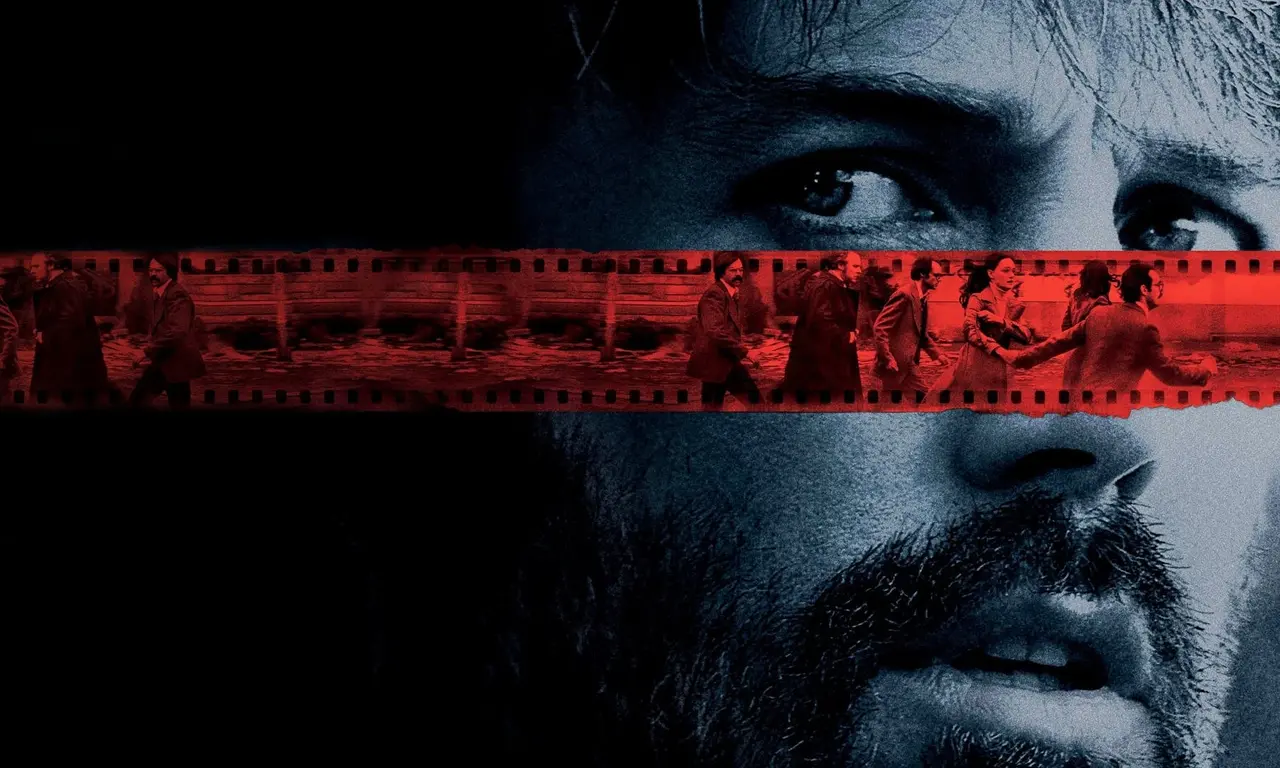
When Sean Baker’s Anora premiered at the 77th Cannes Film Festival, it was easy to mistake it for another tale of impulsive love wrapped in neon. After all, a New York stripper (Mikey Madison) marrying the son of a Russian oligarch (Mark Eydelshteyn) in Las Vegas sounds like the stuff of tabloid dreams. But behind its glitz, Anora taps into a fascinating American legal and cultural institution: the Vegas marriage.


![The 77th annual Cannes Film Festival took place from 14 to 25 May 2024.[1][2] American filmmaker and actress Greta Gerwig served as jury president for the main competition.[3] American filmmaker Sean Baker won the Palme d'Or, the festival's top prize, for the comedy-drama film Anora.[4] The official poster for the festival featuring a still image from the movie Rhapsody in August (1991) by Akira Kurosawa, selected for the 1991 edition, was designed by Hartland Villa.[5] French actress Camille Cottin hosted the opening and closing ceremonies.[6] During the festival, three Honorary Palme d'Or were awarded: the first was awarded to Meryl Streep during the festival's opening ceremony;[7] the second was awarded to Studio Ghibli;[8][9] and the third was awarded to George Lucas during the festival's closing ceremony.[10][11] Few days before the opening ceremony, festival workers called for a general strike. The Broke Behind the Screens (Sous les écrans la dèche) collective made public a complaint about the precarious nature of film festival work.[12] Following the official announcement of The Seed of the Sacred Fig's selection for the main competition, Iranian filmmaker Mohammad Rasoulof was sentenced to eight years in prison as well as flogging, a fine, and confiscation of his property, on the charge of "propaganda against the regime." Cast and crew were interrogated and pressured to convince Rasoulof to withdraw the film from the festival.[13][14] Shortly after, Rasoulof and some crew members managed to flee from Iran to Europe, and attended the film's world premiere on 24 May 2024.[15] On the red carpet, Rasoulof held up images of stars Soheila Golestani and Missagh Zareh, who were unable to leave Iran for the premiere, and had their passport confiscated. The film received a 12-minute standing ovation, while cast and crew protested in solidarity with Iranian women fight for rights.[16] The festival opened with French comedy-film The Second Act directed by Quentin Dupieux.](https://i0.wp.com/moviestohistory.com/wp-content/uploads/2025/04/77th-Cannes-Film-Festival-768x1024.jpeg?ssl=1)




With Anora sweeping the 97th Academy Awards—including Best Picture and Best Actress for Mikey Madison—it’s worth asking: how accurate is this storyline? Could a high-stakes wedding like Ani and Ivan’s really happen in Vegas? Spoiler alert: it absolutely could. And it has.






Let’s take a look at the real history behind Sin City nuptials—and how Anora dramatizes it with surprising authenticity.

The Birth of the Vegas Wedding
Las Vegas earned its reputation as the marriage capital of America largely by accident. In 1931, Nevada legalized quickie divorces and eliminated mandatory waiting periods for marriages—making it one of the most accessible places in the U.S. for impulsive romance (or scandal control).


It didn’t take long for wedding chapels to pop up along Fremont Street and, later, the Strip. By the 1950s, Vegas weddings had become part of pop culture, boosted by celebrity ceremonies like those of Elvis and Priscilla Presley, Paul Newman and Joanne Woodward, and later, Britney Spears’ famously annulled 55-hour marriage in 2004.









Vegas turned love into a low-barrier industry: no blood tests, no waiting period, no judgment. Just a government-issued ID, a marriage license ($102 as of 2024), and two consenting adults.

Anora’s Impulsive Nuptials: Realistic or Not?
In Anora, Ani and Ivan meet during a wild weekend, fall for each other (or something like it), and seal the deal in a Vegas chapel. What follows is a series of cultural clashes, power struggles, and an almost operatic unraveling of the fantasy.






Despite its absurd premise, the legal aspect of Ani and Ivan’s marriage is strikingly plausible.

Under Nevada law:

There is no residency requirement: Visitors can marry on the spot, just like Ani and Ivan.

The marriage is legally binding worldwide (so long as the participants aren’t already married).

An international annulment or divorce can be complicated, especially if one party is from a country with different family laws—as dramatized in Anora through Ivan’s Russian oligarch father and legal entourage.

The film doesn’t fabricate drama for drama’s sake—it leans into the real-world consequences of a legal marriage made on a whim. That includes the complexities of annulment, inheritance concerns, and family intervention.

Vegas Weddings and the American Dream
What Anora captures best is the symbolic weight of a Vegas wedding: it’s the ultimate shortcut to legitimacy. For Ani, it’s a chance to transcend class and social stigma. For Ivan, it’s rebellion masquerading as romance. And for the audience, it’s a reminder that love, legality, and fantasy often blur under the lights of Las Vegas.

Baker’s choice to film Anora in a mix of gritty vérité and dreamlike saturation underscores this tension. Vegas is a place where anything feels possible, and yet everything has consequences.

What History Tells Us
While Vegas weddings are often seen as jokes or punchlines, they’ve been real life-changers for thousands of couples—from soldiers on leave during WWII to celebrities dodging paparazzi. They’ve been used to gain immigration status, rush inheritances, or—more often than not—just to say “I do” without a fuss.



The city’s wedding industry still handles over 70,000 marriages per year. That’s more than anywhere else in the U.S. Many of those marriages last. Many don’t. But every one is legal—and emotionally loaded.

Final Thoughts: Anora as Cultural Time Capsule
With Anora, Sean Baker doesn’t just tell a love story—he archives a deeply American phenomenon. In doing so, he reclaims the Vegas wedding from satire and shows us its power as a mirror: reflecting ambition, desperation, spontaneity, and, yes, sometimes love.

Ani’s story may be extreme, but the history behind it is very real. And like all good history, it’s more human—and more absurd—than fiction ever dares to be.

Related Reads:

How Reno Became ‘the Divorce Capital of the World’—And Why That Reputation Faded


Anora is available now with a subscription to Hulu…




